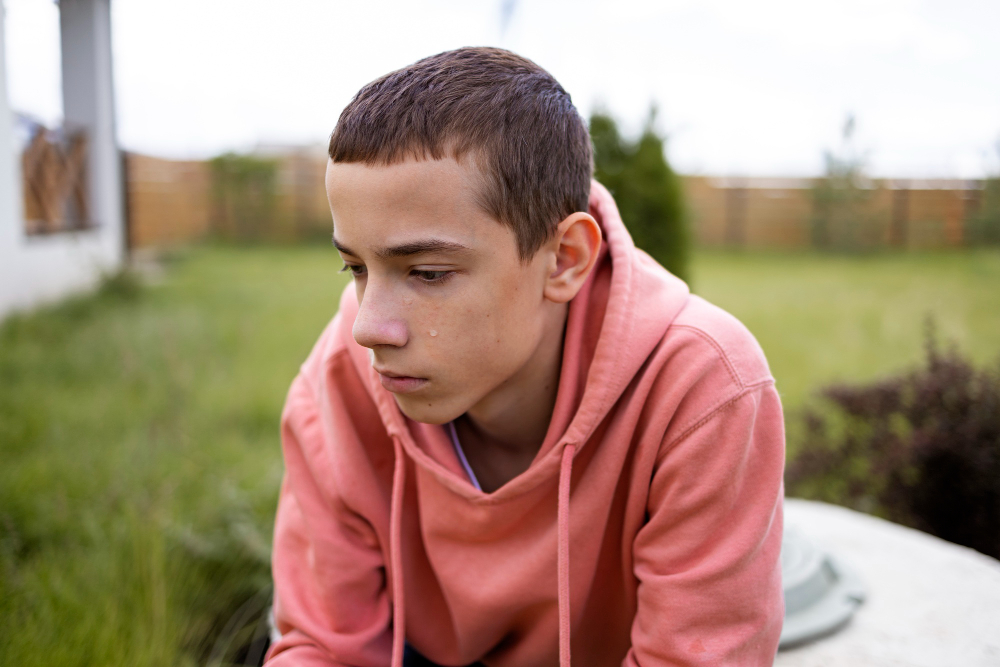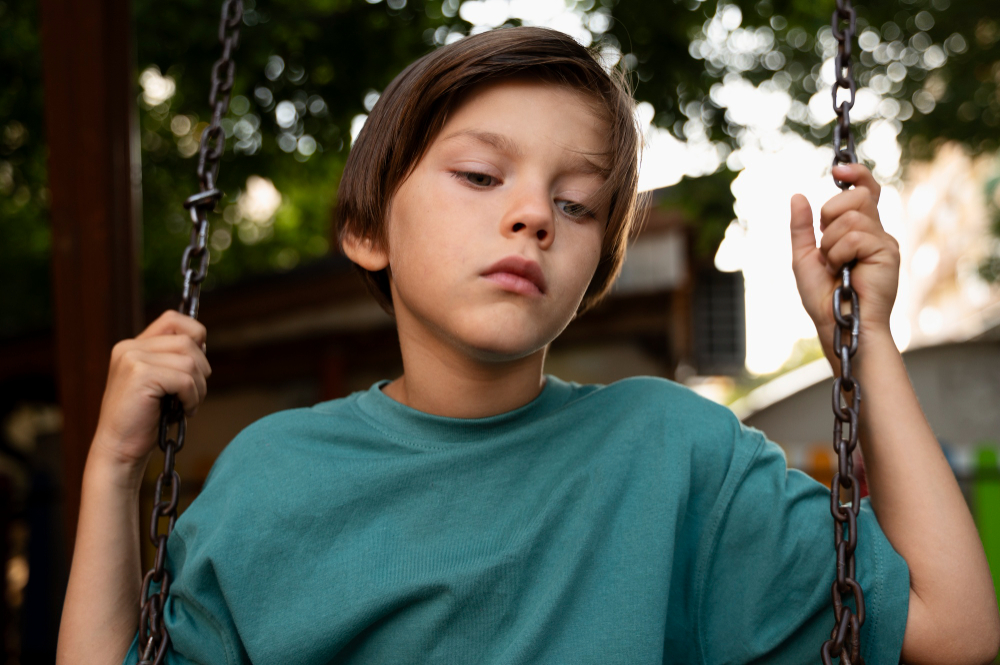Collective punishment doesn’t always go by that name.
In schools, this harmful practice is often hidden behind vague, everyday language. Families may not hear the words “collective punishment”—but they feel its effects when an entire group is disciplined for the actions of one or a few.
Here are some of the most common phrases and terms used to describe (or disguise) collective punishment in classrooms:
👥 Group-based terms
- Group punishment
- Class-wide consequences
- Blanket punishment
- Mass discipline
- Shared responsibility
- Whole-class accountability
- Everyone loses a privilege
🎓 Educational framing
- Natural consequences (misused)
- Restorative practice (misapplied)
- Community learning
- Creating a respectful environment
- Helping students reflect together
- Supporting the group dynamic
⚖️ Behavioural control language
- If this keeps happening, no one gets…
- We were going to do something fun, but someone made a bad choice
- Until someone admits what happened, we’re staying in
- You’re all responsible for the choices in this room
- The class wasn’t showing expected behaviour
❗ Euphemisms and deflections
- It’s not punishment—it’s a learning opportunity
- This isn’t about blame—it’s about accountability
- We’re building community expectations
- It’s just a pause on privileges
- We’re teaching teamwork and responsibility
Why does this matter?
When punishment is directed at a group—especially in vague or moralistic language—it creates shame, peer pressure, and resentment. It often targets or impacts disabled and neurodivergent students most harshly, even when they’ve done nothing wrong.
Many families search for:
- Is collective punishment legal in schools?
- Why was my whole class punished?
- What can I do if a teacher cancels a trip for everyone?
The answer is simple:
Collective punishment is not fair, not effective, and not appropriate.
End collective punishment in BC schools
No child should be punished for another’s behaviour.
Children know from a very young age that this is wrong.
We call on the BC Ministry of Education and Child Care to end collective punishment in BC Schools.
-
To the neurodivergent kid who got blamed
Worried your mistake might get your whole class punished? That fear isn’t yours to carry. Here’s why—and what you can do.
-
To the kid looking for answers about collective punishment
Hey, If you found your way here, maybe it’s because something happened at school that didn’t sit right. Maybe you searched for “why did my whole class get punished” or “it wasn’t my fault…









